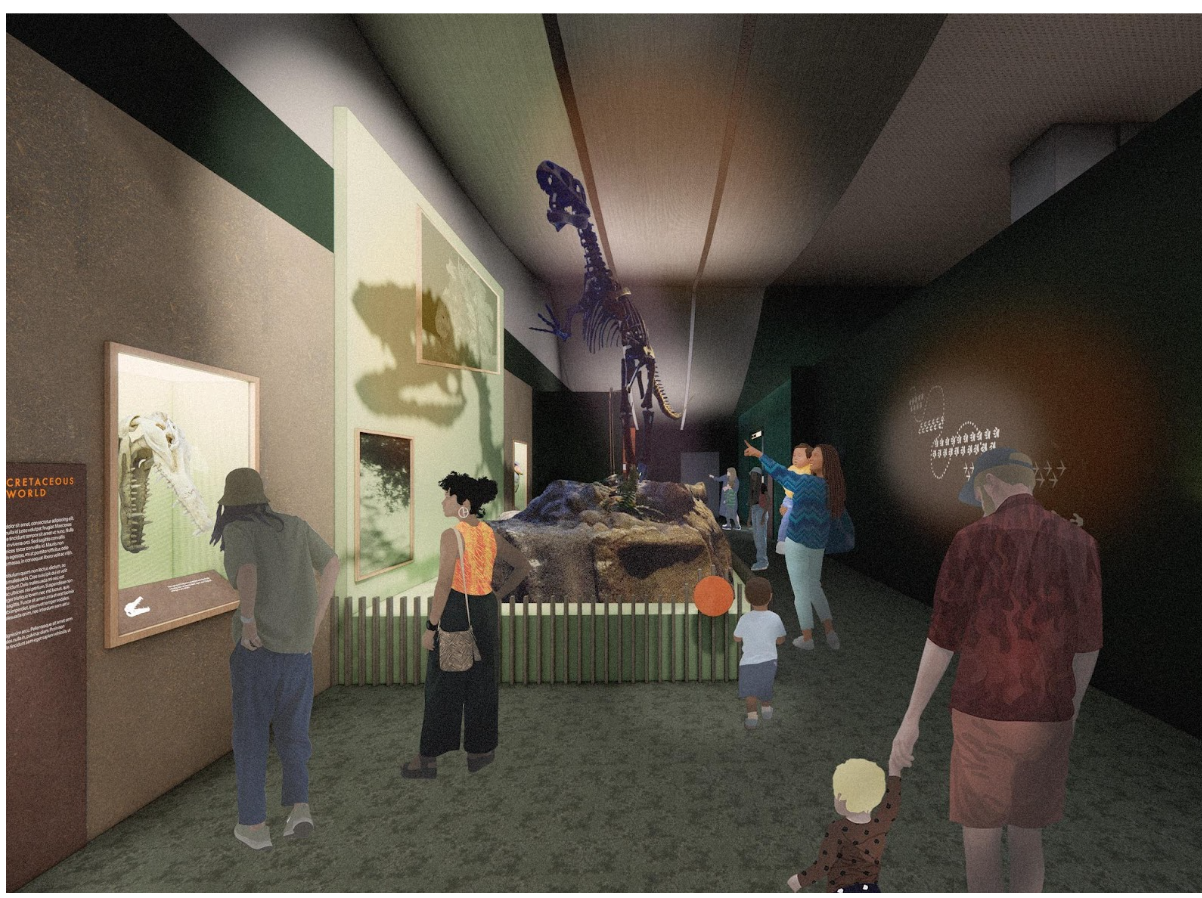
History
Littlewoods to be remembered at Museum of Liverpool
2 years ago
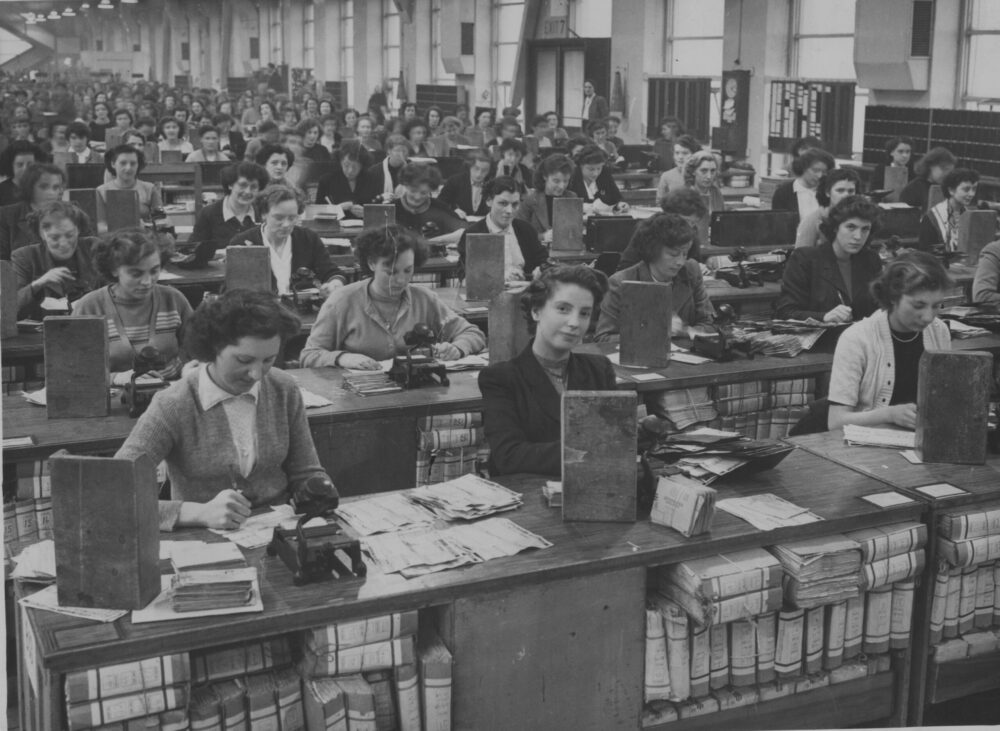
Littlewoods is being remembered through the eyes of its’ legions of workers in a unique showing at the Museum of Liverpool.
Littlewoods was world-famous for its football gambling and retail business, the Liverpool company employed mostly women with 30,000 ‘Littlewoodies’, many based at the Edge Lane HQ.
The displays, which run for three months, include vintage photographs, letters, coupons, promotional materials and memorabilia and has a strong focus on the social life of the factory and its legacy in the wider community.
Dr Ruth Doughty, head of film studies at Liverpool John Moores University, said:
“The stories of sisterhood and camaraderie created friendships which last to this very day.
“The display has been inspired by interviews with scores of former employees and their own personal journeys with Littlewoods. It was a truly unique workplace which was more like an extended family, a huge asset for the city and a model for other companies.”
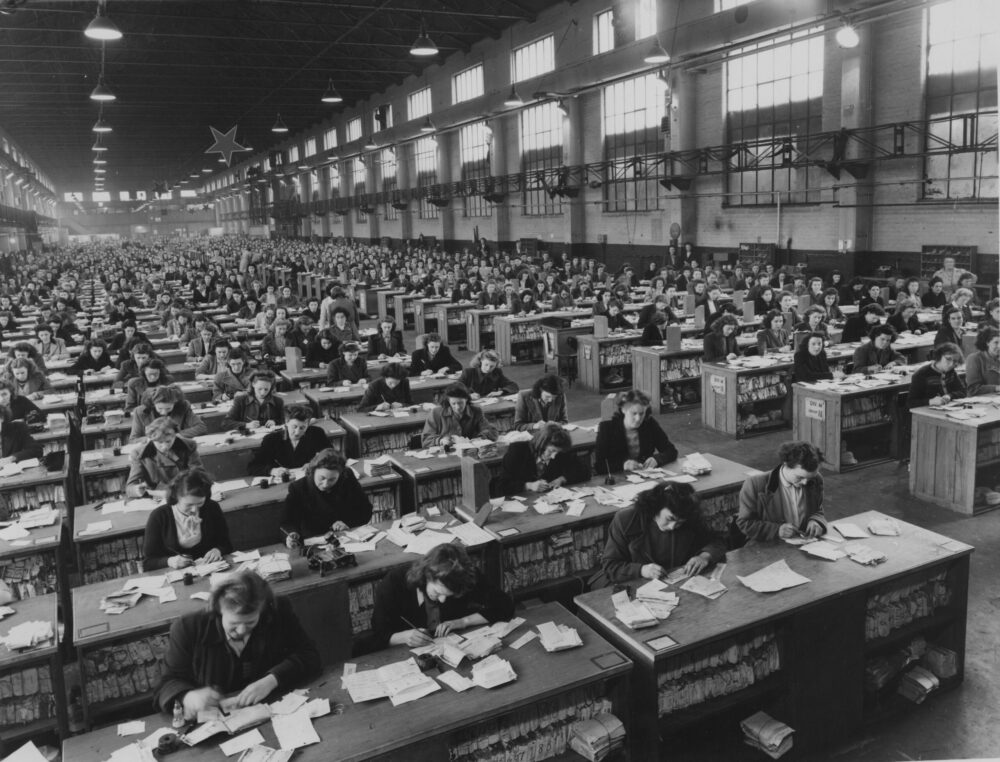
The showcase is being staged at the Museum of Liverpool from February 1 to April 28.
Littlewoods was an iconic brand founded by Sir John Moores and his brother Cecil. From the humble beginnings of the Football Pools in 1923 to the evolution of mail order catalogues and retail stores, Littlewoods became a household name and a national institution.
The Moores Brothers were ahead of their time employing a workforce of mainly women and renowned for looking after their employees; not only did they pay the best wage in Liverpool, but ‘Littlewoodies’ were also treated to day trips and given the chance to join in-house sports teams, choirs and amateur dramatic groups.
During the war, Littlewoods buildings were commandeered to make barrage balloons and Halifax bombers as the women were repurposed for the wartime effort. With the rise of automation, they were one of the first companies in the UK to introduce IBM computers.
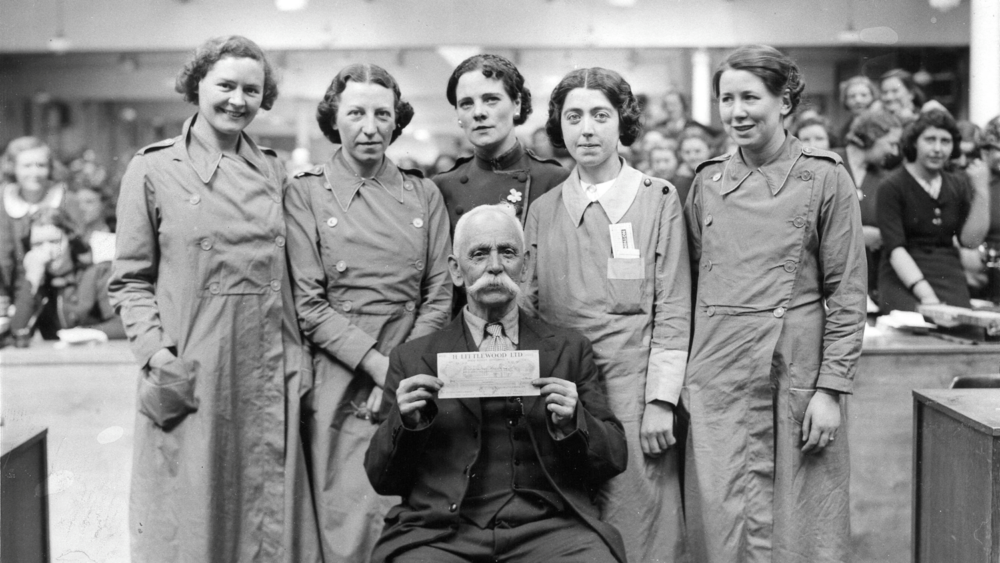
“It was amazing for the women of Liverpool. Rather than be cleaners or cooks or face the dangers of textiles factories, Littlewoods offered women the chance to earn one of the highest wages safely, and their pride in being a ‘Littlewoodie’ played a big part in the company’s commercial success,” added Dr Doughty, who has spent five years researching the company’s history with the help of the university and the National Lottery Heritage Fund.
“Some of the testimonies we’ve unearthed are amazing; tales of sisterhood, camaraderie, and friendships that continue to this day, with many folk saying they would still go back now, if asked!”
Sharon Brown, Curator of Land, Transport, Work and Industry at the Museum of Liverpool, said:
“We are delighted to be hosting this nostalgic look at one of Liverpool’s best-known companies. Based on some fascinating interviews with former employees the display will bring back memories for many of the importance of the football coupon in people’s lives and the excitement of marking it on a Saturday night!”







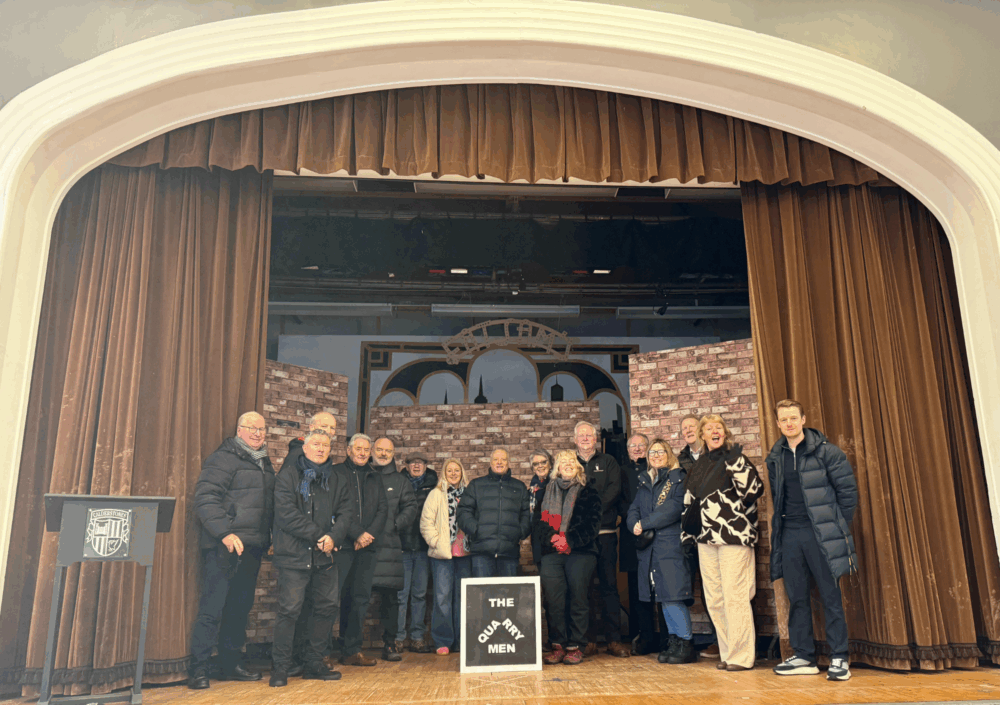
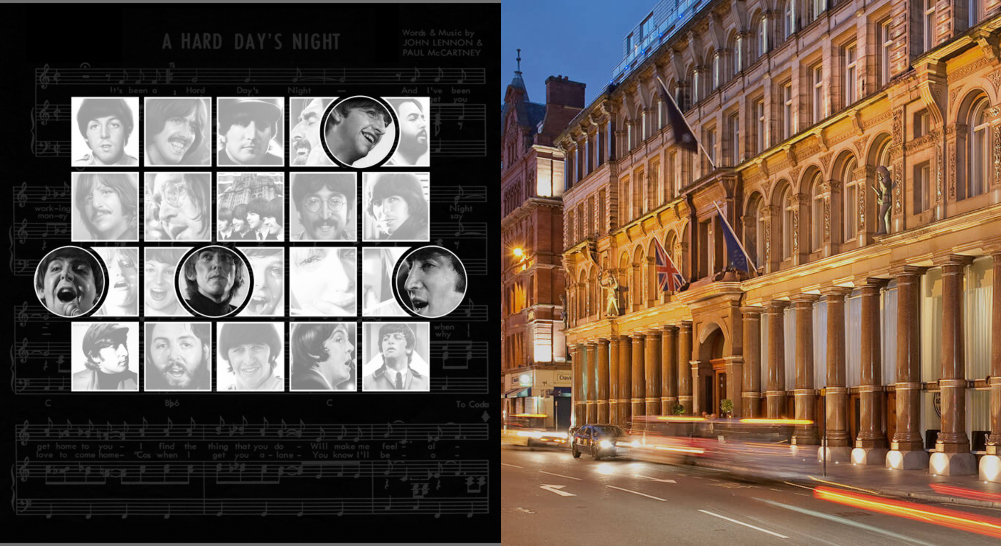
 Subscribe
Subscribe Follow Us
Follow Us Follow Us
Follow Us Follow Us
Follow Us Follow Us
Follow Us Follow Us
Follow Us











